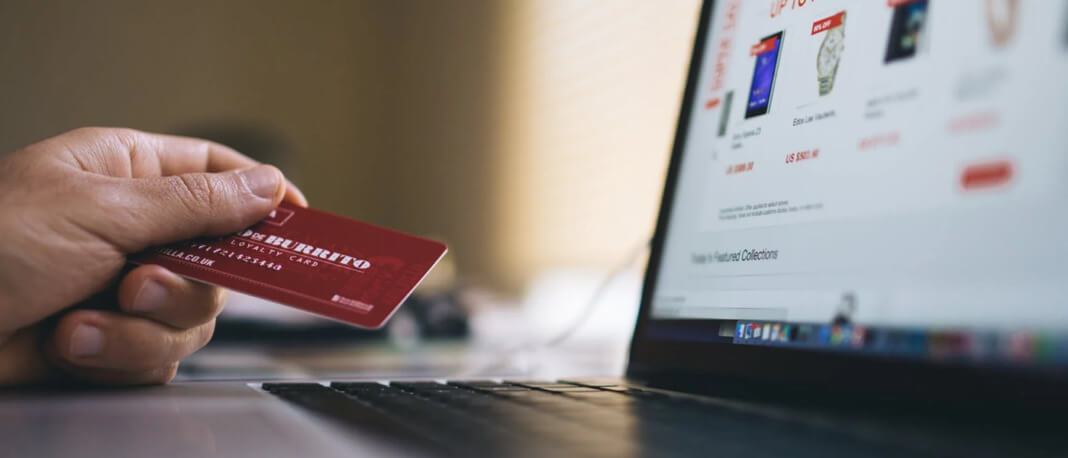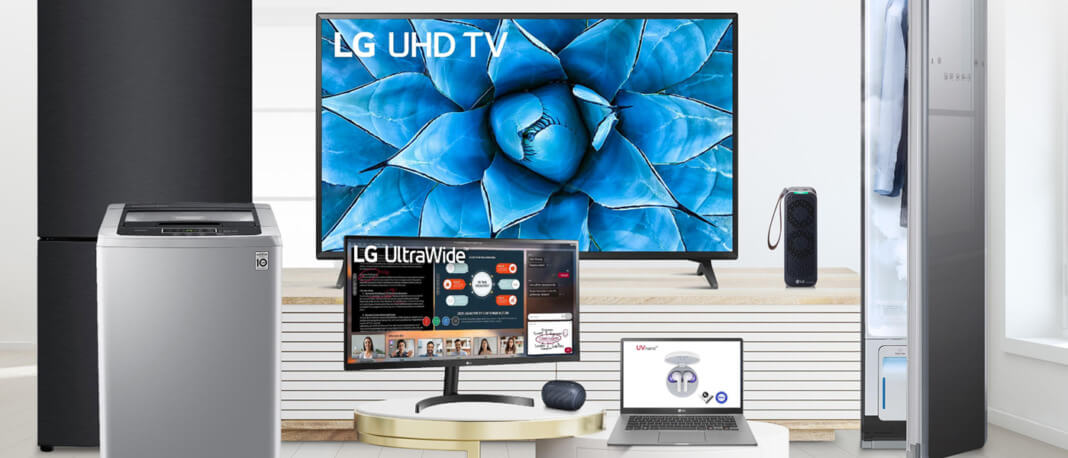Apart from the strain that COVID-19 has placed upon on all of our mental health, the economy is still the most affected by social distancing measures in place. With online shopping being the trend, this consumer demand is set to continue as a new “norm” even after social isolation measures are lifted. Brick and mortar businesses will need to hop onto the online wagon pronto and work up their online game in order to avoid being collateral in this war between a recession and a pandemic and make it out at the end.
Consumers have adapted quickly to the social isolation measures and have turned their consumption habits towards online shopping for nearly almost anything these days – from food and groceries, to exercise and gaming equipment, to home tools. Anything that does not require the need for identity verification, they’ve got it! This means that brands that have not pivoted towards diversifying their operations online would need to start doing so now and build an online presence in order to keep up with the continuous shift in online consumerism demands so to minimise financial losses, remain relevant during these trying times and be fully equipped for the post-COVID-19 future.
Having an online presence means that brands will have equal standing and opportunities to engage and attract customers regardless of their size. This would mean an equal playing field for SMEs. However, it is not all that simple. SMEs would need to equip themselves with online media literacy tools as traditional marketing techniques that are relevant in reality are not as effective in the online landscape. Here are some online solutions that SMEs can consider investing in to better equip themselves:
Setup Google My Business
Google My Business (GMB) is a free online business listing that allows businesses to connect with customers easily across Google Search and Google Maps while providing relevant information and insights on essential business information such as location, operating hours and even reviews from consumers. With the constantly changing climate and with more and more customers sourcing online for local businesses and services to patronise through Google Search, it is now more important than ever to communicate and keep customers up-to-date on business happenings, for example, temporary closures or even the reduction of operating hours.
Join social media
Since COVID-19, Facebook and Instagram had experienced a 40% increase in usage and TikTok alone racked up 1.04 million downloads between January 2020 and July 2020. This goes to show that SMEs should invest in social media accounts to stay connected, deepen their relationship with customers and increase brand affinity. However, it is not business-as-usual. Should brands proceed solely in the direction of business profit and go about posting marketing tactics as per usual, they might come off to consumers as tone-death given the current social climate and heightened anxieties which could result in an adverse response of business loss instead. SMEs will need to master the balance between the human element and respond empathetically towards world happenings whilst juggling the necessary business bits of marketing and sales to stay afloat.
Invest in chatbots
With increased online traffic on social media and SMEs having to diversify, build and up their social media game while running campaigns and being active in the community, manpower is stretched thin. No matter, customer service should never be compromised, especially in such trying times. Businesses should invest in Chatbots to not only make up for the lack of manpower but to allow for workers to focus on more value-added services that truly require the human touch. Chatbots prevent customers from leaving a website empty-handed. It is cost-saving, improves customer service and customer engagement which in turn results in better lead generation and thus increases profit margins.
Strengthen SEO strategies
Last but not least, it would be redundant for SMEs to build an online presence with a straight-to-the-point and easy-to-use interface if customers are not able to find them online, to begin with. With customers today mostly still confined to their homes despite the relaxation of social distancing measures, customers are still sourcing online for local businesses to suit their needs and wants. This means that it is of utmost importance to invest in SEO strategies to increase the odds of being found by a potential customer. Furthermore, SEO gains are long-term and will benefit businesses even post-COVID-19. SEO is a worthwhile investment but the catch is that it requires a long-term commitment. SMEs would need to be consistent in maintaining their SEOs and switch it up whenever, if necessary, so to remain relevant. For example, the search on coronavirus is currently trending but it will end eventually. By using “COVID-19” as an SEO strategy is a short-term tactic. However, SMEs should also take into consideration long-term tactics, such as post-pandemic content, and utilise both short- and long-term tactics to stay sustainable in the long run.
All in all, even though online migration is essential to the survival of SMEs today, it is an opportunity for rapid growth, fast service and increased convenience for both consumers and businesses alike. Businesses will too get to form closer relations with their community which would benefit their business in the long run. SMEs that are equipped to cater to this new standard and demand of online consumerism habits will be prepared to take lead in the post-COVID-19 era.





